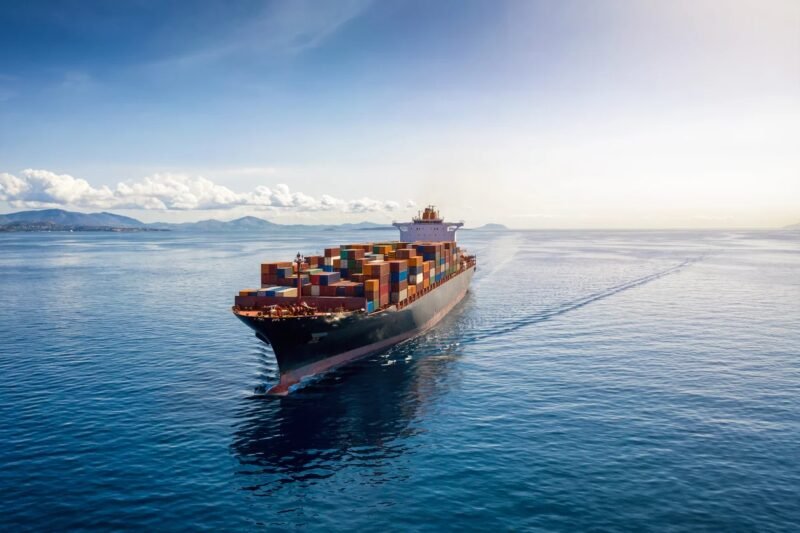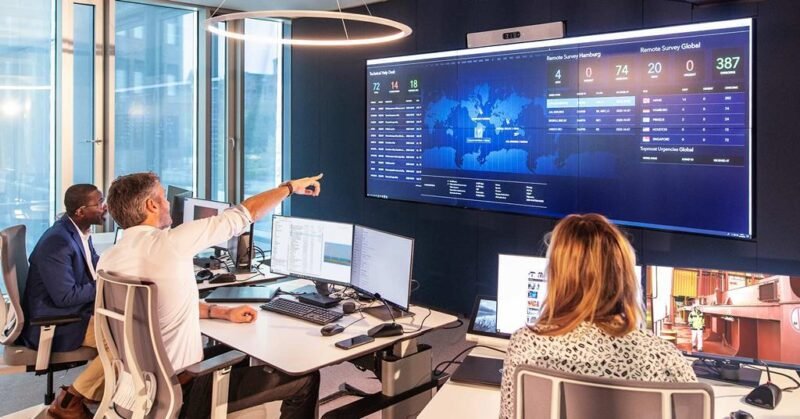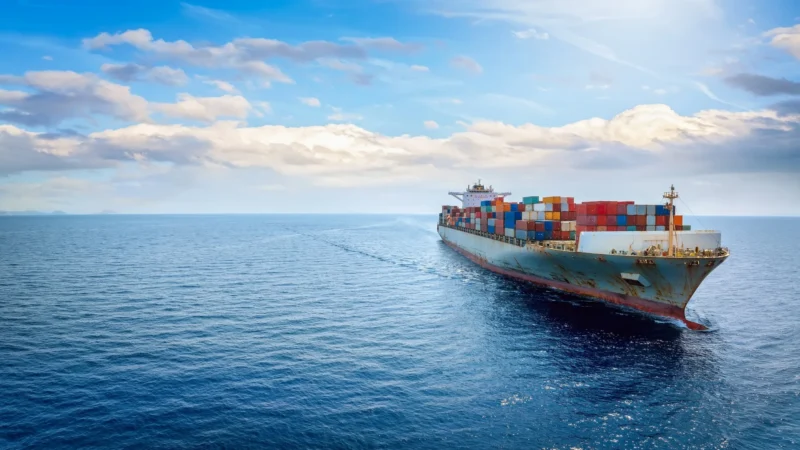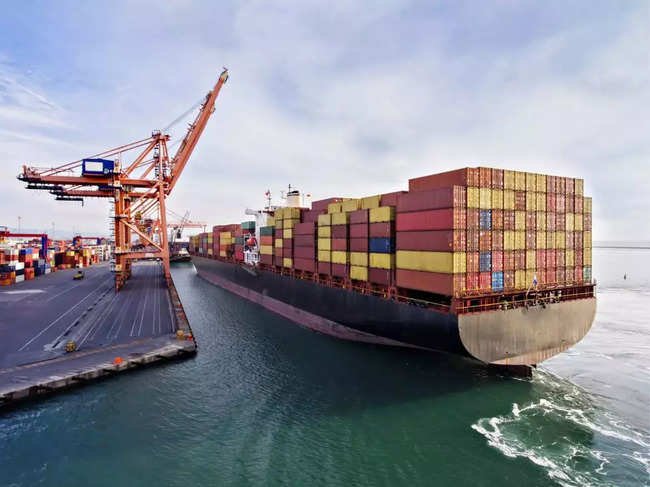Pooling is often viewed as a straightforward solution for complying with the FuelEU Maritime regulation, but it may lead to long-term financial pitfalls for shipowners, according to a new whitepaper from Berlin-based platform ZERO44. Since the regulation took effect in early 2025, EU ship operators must report fuel consumption and greenhouse gas intensity, facing hefty penalties if they exceed set thresholds.
Pooling allows companies to offset emissions by utilizing the surpluses of more efficient vessels. However, these surpluses typically stem from costly investments in biofuels, onshore power, or wind propulsion, which can inflate pooling costs. ZERO44’s whitepaper, titled ‘FuelEU Maritime: Beyond the Pooling Hype’, examines various pooling models and emphasizes alternative strategies that could be more cost-effective.
The report suggests that methods like biofuel blending, internal pooling, and technical upgrades can achieve compliance at a lower cost than pooling. Companies are encouraged to assess their willingness to pay for external pooling and explore these alternatives. As co-founder Friederike Hesse notes, “Pooling is no cure-all,” urging businesses to consider long-term fuel strategies for better cost management and control. ZERO44 aims to provide clarity and support for shipping companies navigating these complex regulations.


















